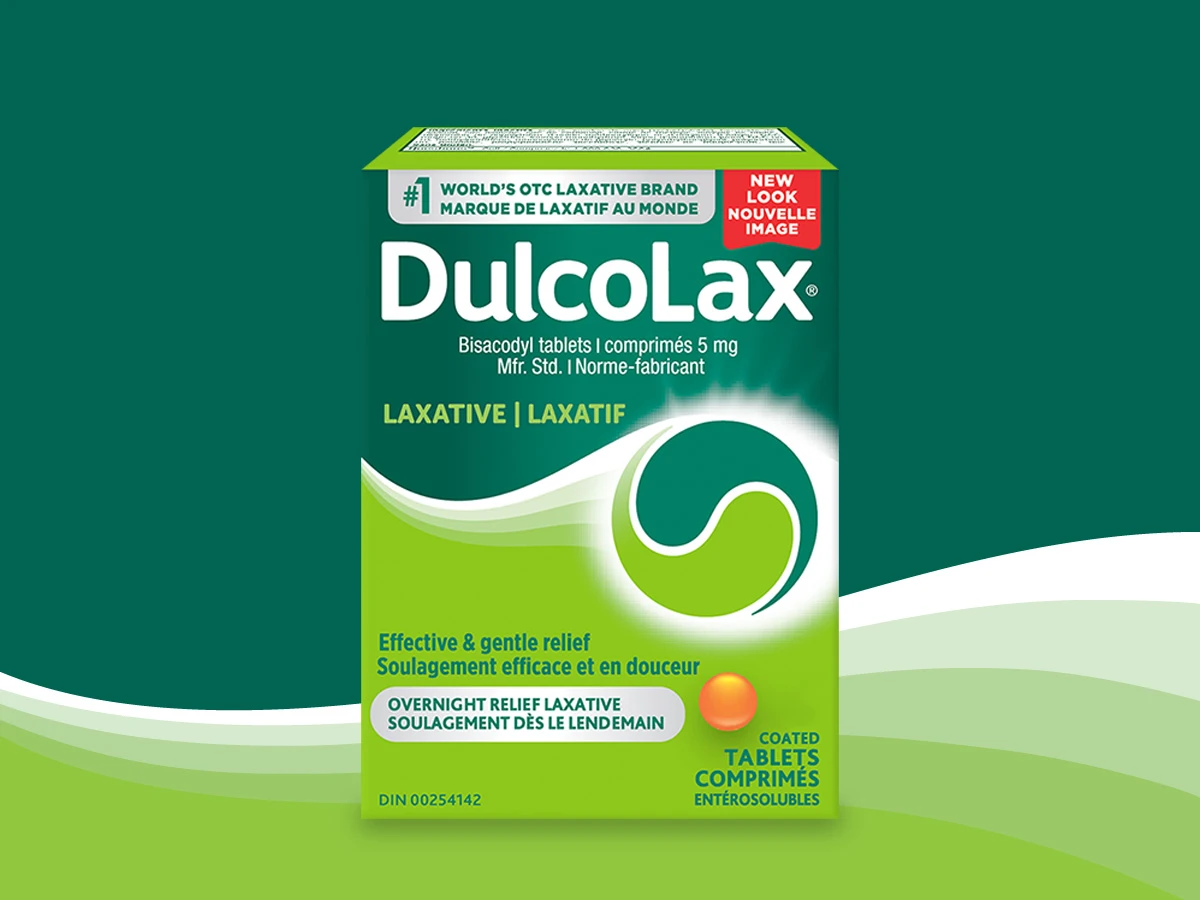Jump to a section
10 min read
How can traveling affect your body ?
Imagine this: you took a week off work, created your out-of-office email reply, and patted yourself on the back for taking a much-deserved break. When you get to your destination, you know you should be feeling excited and ready for a new adventure—yet something doesn’t feel right inside (literally).
It is common for occasional constipation to occur when your life or daily routine changes. Traveling can sometimes shake things up and disrupt your bowel movements. Adapting to new circadian rhythms, new foods and new environments can lead you to get constipated. Understanding what is causing your constipation will make you more prepared to act on it. Let’s take a look at how travelling can trigger occasional constipation.
Changing diet
The most common reason traveling can impact your gut health and cause occasional constipation is the changes in diet that occur when you’re on vacation. It’s completely normal to indulge in local delicacies but try to incorporate as much fiber-rich foods like fruit, vegetables, oatmeal and lentils as possible.
Being jet lagged
Jet lag is a result of traveling across time zones, which can affect you for several days. It can disrupt your usual bathroom timing, causing you to feel constipated. Additional factors can affect your gut's activity: new lunch and dinner times, new time zones, new sleep cycles. Besides exhaustion, disorientation to time, and disruption in sense of wellbeing, memory and performance, jet lag manifests itself in symptoms like insomnia, headache, and occasional constipation.
Changing poop routine
While traveling, you may temporarily have fewer opportunities to use the bathroom. Whether you’re too busy exploring, in transit, or there’s no restrooms available, holding back the urge to get relief can cause constipation.
Research has shown that a five-to-eight-hour time difference will cause symptoms that may take from two days to two weeks to overcome. Long-distance travelers may need 8 – 10 days for bowel habits, temperature regulation, and hormonal cycles to equilibrate.
Little to no movement
The traveling process, getting from one distance to another, requires little to no movement. From sitting in the airport for hours, to then sitting on a plane for hours, little physical activity is done during travel. This tendency to not move around a lot can result in constipation. Try walking around as much as possible during long airport waits or flights – this may help prevent occasional constipation from occurring.
How does traveling trigger occasional constipation ?
Here are some of the ways that travel can affect your digestive system:

A few tricks to move things along
Vacation Constipation – although it rhymes and rolls off the tongue nicely, it’s not a condition most people want to deal with. Planning ahead and taking the right measures beforehand may be helpful in preventing discomfort during your travels.
DulcoLax® family of products
DulcoLax® products help your digestive system get moving with gentle overnight or fast relief solutions. Find the DulcoLax® product that’s right for you.
Stay informed
Occasionnal constipation is a common condition with a wide range of possible causes. We know how unpredictable and frustrating constipation can be, so we are here to help identify the possible causes and teach you how to addres them.
- Canadian Digestive Health Foundation. Understanding the Prevalence and Impact of Constipation in Canada A Special Report from the CDHF. February 2014
- Mayo Clinic. Jet lag disorder. Available at: https://www.mayoclinic.org/diseases-conditions/jet-lag/symptoms-causes/syc-20374027
- Cornelson BM. Overcoming jet lag. Can Fam Physician. 1985; 31:2105-2106.
- Kok-Ann Gwee. Disturbed Sleep and Disturbed Bowel Functions: Implications for Constipation in Healthy Individuals. J Neurogastroenterol Motil. 2011 Apr; 17(2): 108-109







.jpg/jcr:content/32%20(1).jpg)
-(1).png0/jcr:content/stress1%20(2)%20(1).png)
.jpg/jcr:content/Medication%20IMAGE3%20(1).jpg)
2-(1).png/jcr:content/optimized_9030.webp)